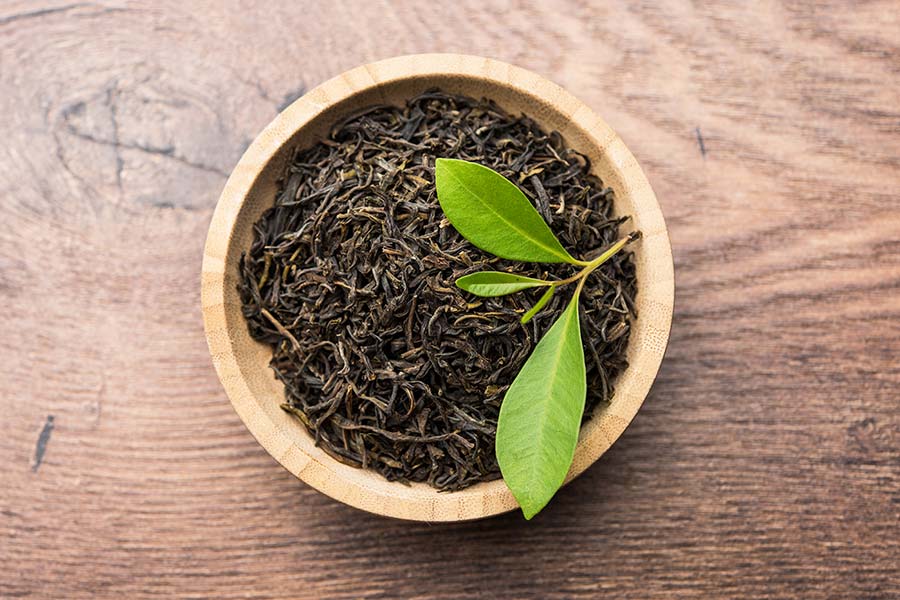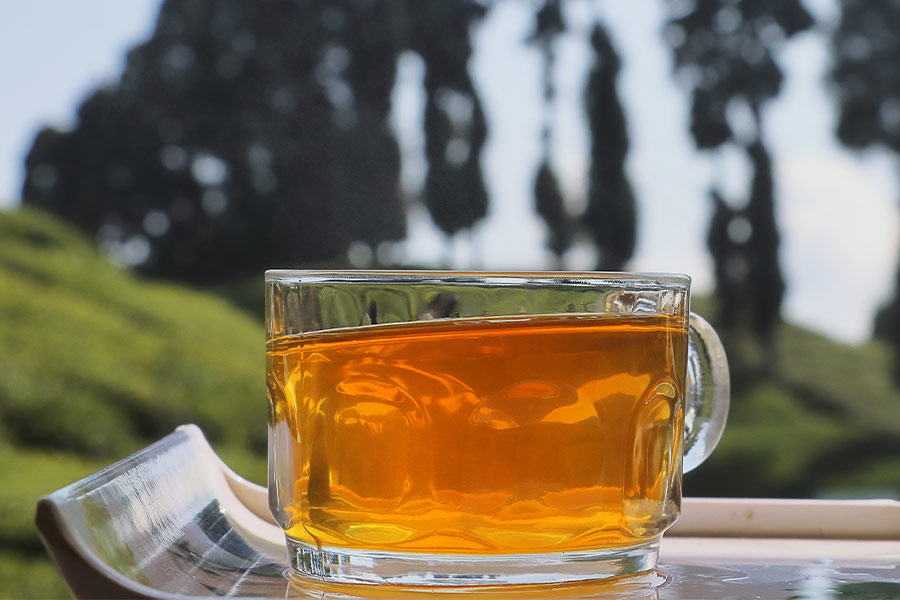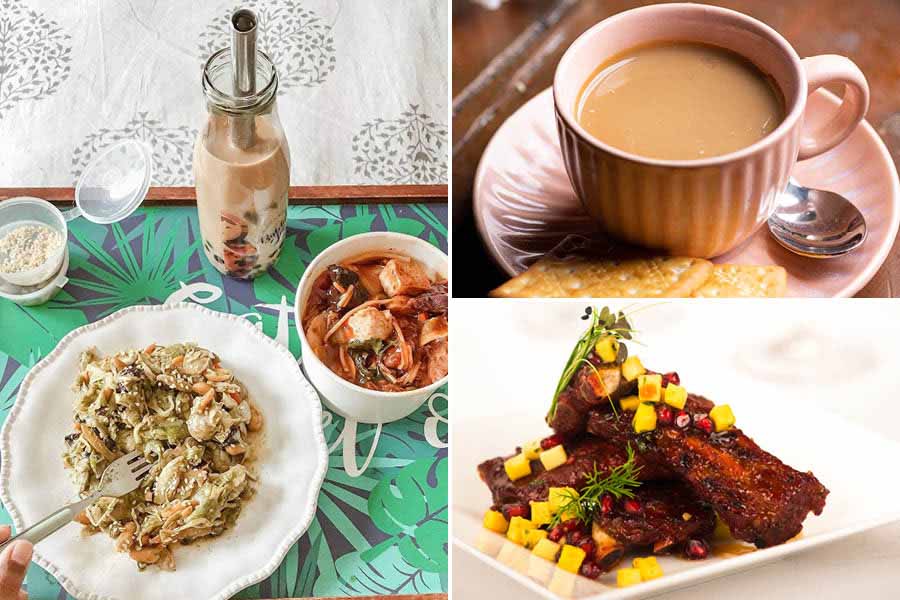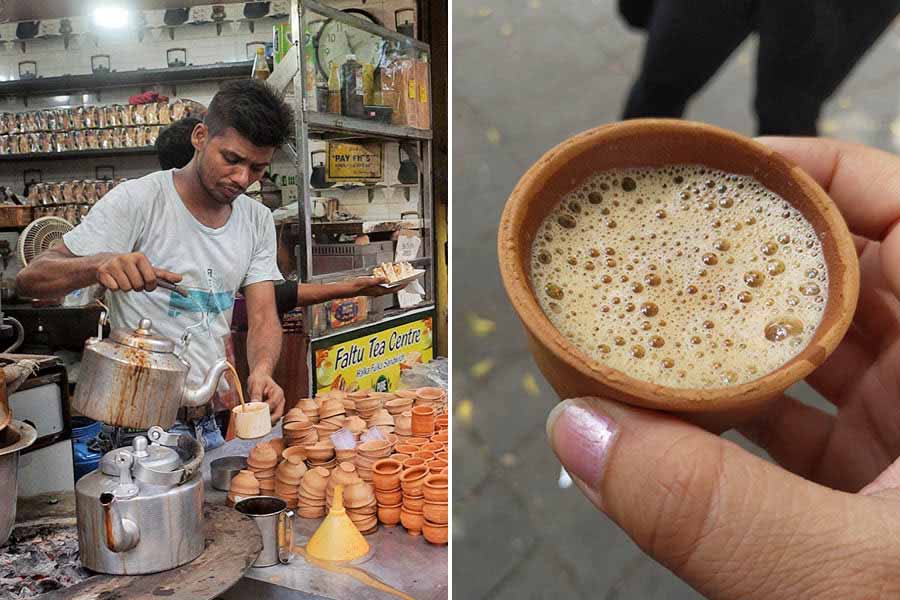Darjeeling Tea, often referred to as the ‘Champagne of Teas’, is renowned globally for its delicate flavour, floral aroma and unique characteristics derived from the region’s terroir. With its high elevation and favourable climate, Darjeeling produces some of the finest teas in the world. With a variety of grades, flushes and estates available, navigating the world of Darjeeling Tea can be daunting. Whether you’re a seasoned enthusiast or a newcomer to this exquisite beverage, here are six essential tips to keep in mind when purchasing Darjeeling Tea:
1. Check for Authenticity: Only 1 in 5 cups of Darjeeling Tea are authentically grown and sourced from the 87 estates of Darjeeling. While buying tea, the first question to ask is whether it is truly authentic. This is where the credibility of the seller comes in. If you’re purchasing from a local tea shop, inquire about where they get their teas. While purchasing online, check whether the social media profile establishes trust. A good rule of thumb is to account for the cost of making these teas. In Darjeeling this comes to at least Rs. 800/kg. If someone is trying to sell you Darjeeling Teas for lower than this price, it is probably fake.
2. When was your tea grown: Darjeeling Tea is harvested during different periods, known as ‘flushes’. The first flush, harvested in spring, yields delicate, light-bodied teas with floral notes. Second flush teas, harvested in late spring to early summer, are characterised by a muscatel flavour and with a slightly darker infusion. Autumn flush, the final harvest of the year, produces robust teas with a rich, full-bodied flavour. Understanding these flushes will help you choose the type of Darjeeling Tea that aligns with your taste preferences.
3. Where was your tea grown: Darjeeling boasts numerous tea estates, each with its own distinct flavour profile, terroir and characteristics. For example, we (Dorje Teas) are based out of the heritage Selim Hill Tea garden — known for its Full Moon White Teas and its special Roasted Teas. But don’t forget to try out the new 2024 vintage Spring Harvest either!
4. Don’t fall for ‘tea grades’: This can be one of the most confusing things when it comes to buying teas. Tea grades are supposed to be based on factors like leaf size, aroma, and appearance. I’d recommend ignoring this archaic system altogether, and going for the longest leaves possible. For example, at Dorje Teas, we only sort by hand to ensure that the leaves are long and distinct. This guarantees the highest quality of flavour.

Ignore the grade system and go for the longest leaves possible Shutterstock
5. Ditch the tea bags: While tea bags offer convenience, loose-leaf Darjeeling Tea provides a superior drinking experience. They allow the leaves to unfurl fully during brewing, releasing their complete flavour and aroma. Additionally, loose-leaf teas often contain higher-quality leaves compared to those found in tea bags.
6. Experiment and explore: The world of teas is fascinating and fun. Don’t be afraid to experiment with different varieties of Darjeeling Tea. Whether you prefer the delicate floral notes of a first flush or the bold muscatel flavour of a second, the world of Darjeeling Tea offers a wealth of options. Experimental Teas like our Kukicha — a Japanese-style twig tea — might surprise you with its smoky, caramelised flavours. Similarly, our Darjeeling Cold Brew is made specially for younger people who love their coffee.
In conclusion, purchasing Darjeeling Tea can be a delightful journey filled with exploration and discovery. By understanding the flushes, grades and estates, while also considering authenticity and leaf quality, you can make an informed decision and enjoy the true essence of this magical beverage. So, go ahead and savour the unparalleled taste of one of the world's finest teas.
Sparsh Agarwal is the co-founder of Dorje Teas and manages the heritage Selim Hill Tea Garden in Darjeeling.


